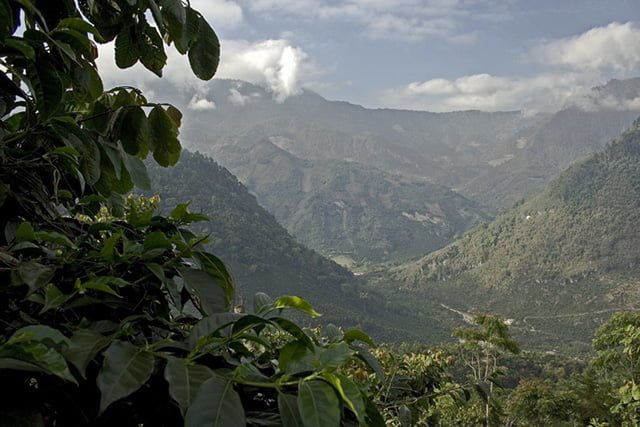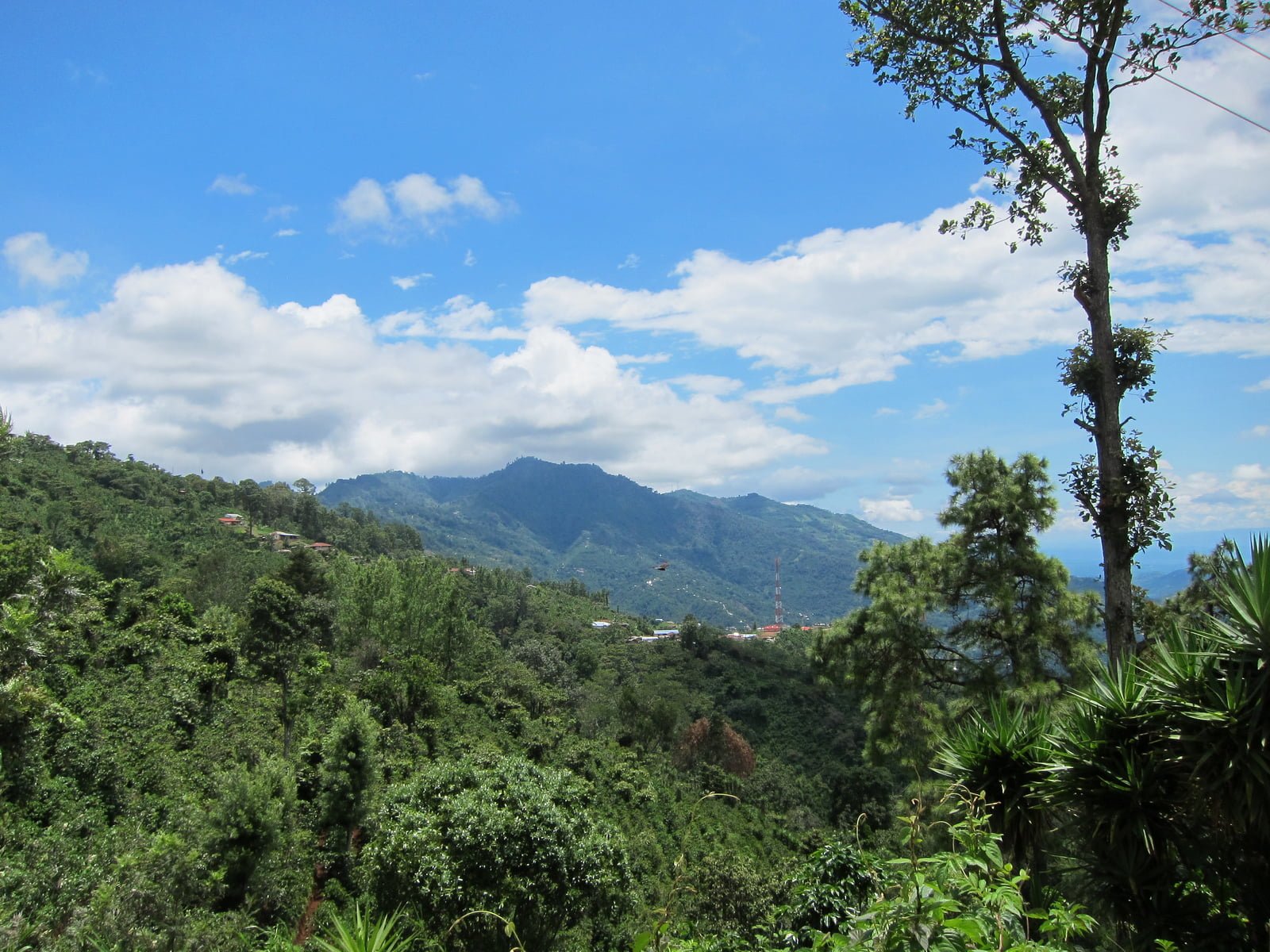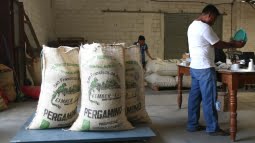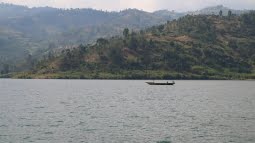Description
Guatemala
A large percentage of Guatemala’s population, and therefore also the coffee sector, identify with one of more than 20 officially recognized indigenous groups. Most farmers are smallholders who are either working independently of one another, loosely associated by proximity and cultural ties, or formally affiliated in cooperative associations.
In 1960, coffee growers developed their own union, which has since become the national coffee institute Anacafé (Asosiación Nacional del Café), which is a research center, marketing agent, and financial organization that provides loans and offers support to growers throughout the various regions.
Starting in 2012 and lasting for several years, an outbreak of coffee-leaf rust proved a tremendous obstacle to coffee production in the country, reducing yields by as much as 25%, and causing the government to declare a state of emergency. Farmers attempted a combination of chemical and organic treatments, intensely targeted pruning, reduction of shade plants, and replacing susceptible varieties like Bourbon, Caturra, and Catuai with more leaf-rust-resistant ones. Anacafé has been working closely with World Coffee Research on variety trials and research that will hopefully result in future protection and prevention of similar outbreaks, as well as provide more productive harvests for the smallholder farmers.
ADINTHEC
ADINTHEC is one of contributing cooperatives to CODECH.
CODECH (Coordinator of Organizations for the Development of Concepcion Huista) is a second-tier organization located in the municipality of Concepcion Huista in the department of Huehuetenango in Guatemala. It comprises 10 different member organizations and has 476 members.
CODECH was founded in 1998, as representatives of the member organizations were in search of alternative development programs for the community in Concepcion Huista. One of CODECH’s main objectives is the participation of women in society and the workforce. Gregorio, the general manager of CODECH, is also pushing for farmers to renovate their farms. He believes they could be producing about three times their current volume on average.
The organization’s organic certification is not only indicative of its commitment to being environmentally friendly, but also to be independent from transnationals which produce fertilizers. They are also want independence from the price of oil (used in fertilizers). Gregorio also believes that there is a growing market for organic products and wants to meet that demand.
- Organic farming workshops
- General agriculture workshops
- National and international commercialization workshops
- Teacher development workshops
- Women’s specific workshops
- Political incidence
- Women’s rights and gender equity
- Self esteem
- Leadership
- Medical attention
- Household development
- Classes by mail and radio
FTO Guatemala
Fair Trade– and organic-certified coffees from Guatemala are moderately common, as many smallholder producers have organized themselves into democratically run cooperatives and have achieved certification in part to leverage the value of their coffee output. Guatemala’s coffee sector sees participation from many groups of indigenous producers, who typically have a strong cultural connection with preserving and conserving the land and natural resources, making organic certification a relevant choice.

Washed
The Washed process varies greatly across the growing regions of Guatemala due in large part to the different terroir and terrain that exists from place to place there, but for the most part the primary difference in style is in the length of time that the coffee is allowe to ferment. Generally speaking, coffee is picked ripe and depulped the same or the following day, then allowed to ferment for anywhere between 12–48 hours, depending on the climate. The coffee is then washed clean of its mucilage and spread on patios or raised beds to dry.
Bourbon, Catimor, Caturra, Maragogype, Pache
Although this offering is not traceable to a single variety, it is likely comprised of Bourbon, Catimor, Caturra, Maragogype, and Pache — the most commonly cultivated varieties in this region.
Huehuetenango
Huehuetenango is located in Western Guatemala bordering Mexico. It is extremely diverse and known for producing some of the best coffees in Latin America due to its climate, altitude, water sources, and traditional varieties. A range of offerings come out of Huehuetenango, including chocolatey volume offerings and fruit-forward microlots.







Reviews
There are no reviews yet.